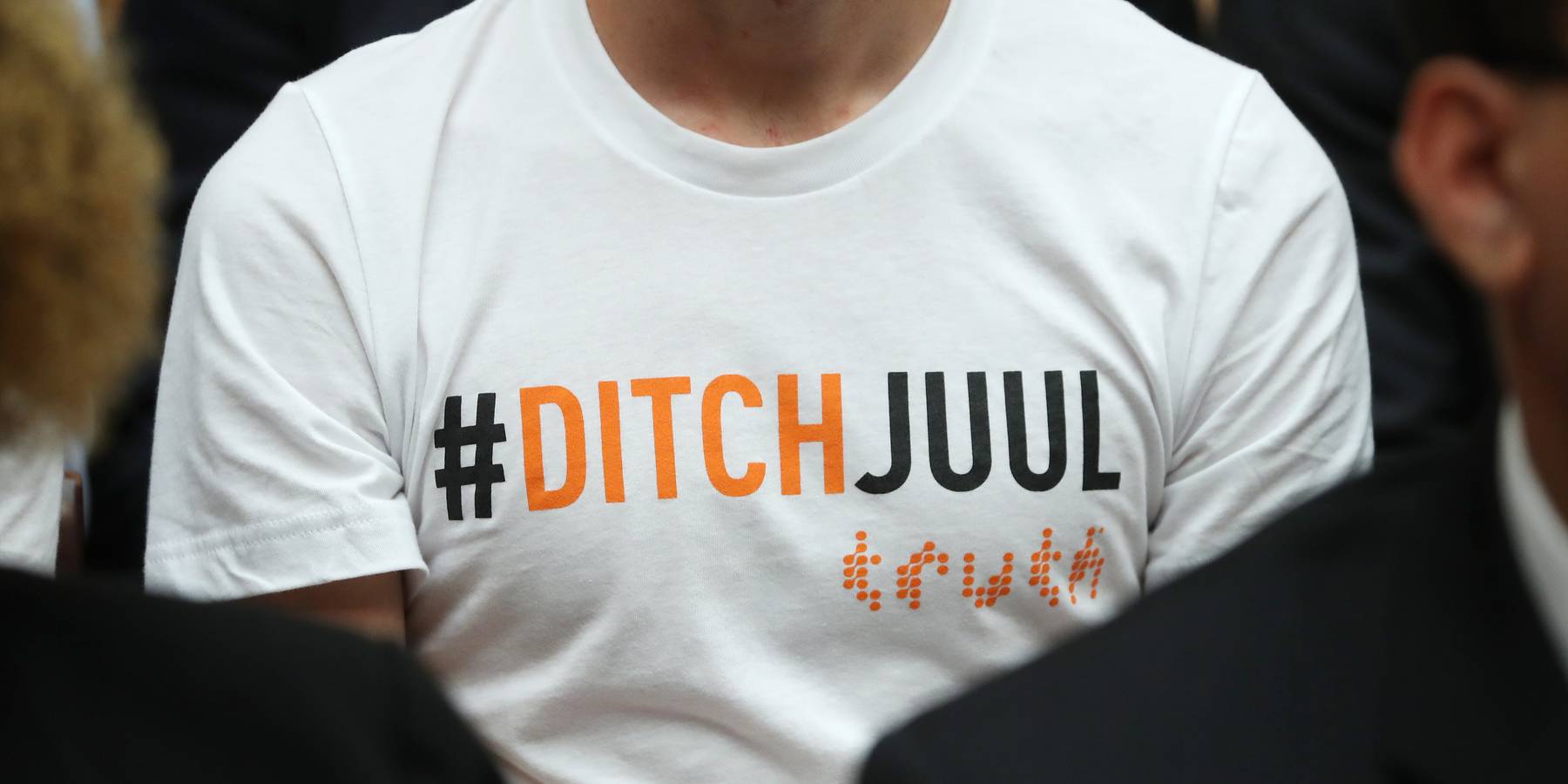
Juul, arguably, the most popular brand of e-cigarettes, has been accused of targeting schools, camps, and teen programs at a House panel.
The accusation comes after what has been more than a year-long investigation into the company's marketing campaigns and advertising tactics. Of all the accusations made against Juul, the biggest is that the product has been made all too enticing to children and teens, 3.6 million of which have been reported to vape regularly.
With flavors like Creme and Mango, parents are not the only ones suspicious of Juuls. Just last year, the Food and Drug Administration threatened to remove the product from the market completely if the company didn't take more drastic steps to dissuade young people from buying. While fruity flavors are no longer available for purchase in-store, Juul has found another way to reach kids without fail: school.
After the FDA put an end to influencer marketing, the company took to funding after-school and in-class programs in exchange for more facetime with youths about their product. In fact, they reportedly gave a Baltimore charter school $134,000 to circulate Juul-provided curriculum on how to lead a "healthy lifestyle" (pro tip: you probably don't want to puff on the equivalent of one pack of cigs a day).
Representative Katie Hill denounced the company for financing camps and school programs in exchange for data on students, including test scores and surveys that could be used for targeted marketing. A Times report claims Chief Administrative Officer Ashley Gould denied this, stating that any programs funded in the educational sphere were designed to prevent young people from using their product.
But lawmakers shot back: How could Juul-specific curriculum discourage e-cig use, especially when it familiarizes students with the product? It certainly doesn't help their case that a company spokesperson was reported to have told students that vaping is "totally safe."
As the panel drew to a close, FDA commissioner Dr. Norman E. Sharpless remained committed to following in the footsteps of his predecessor, Dr. Scott Gotlieb, to crack down on youth vaping. Juul has until May 2020 to prove to Dr. Sharpless that vaping is more beneficial than it is harmful to America's teen population.
Photo via Getty